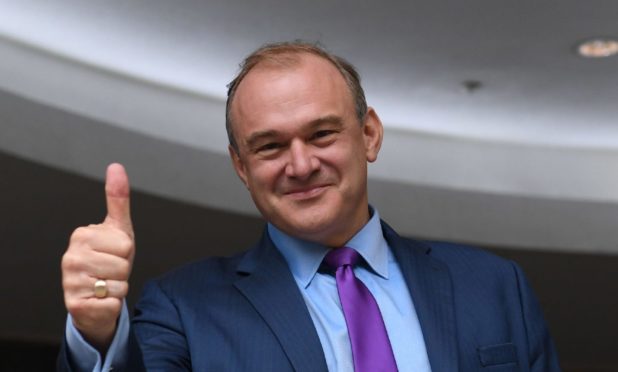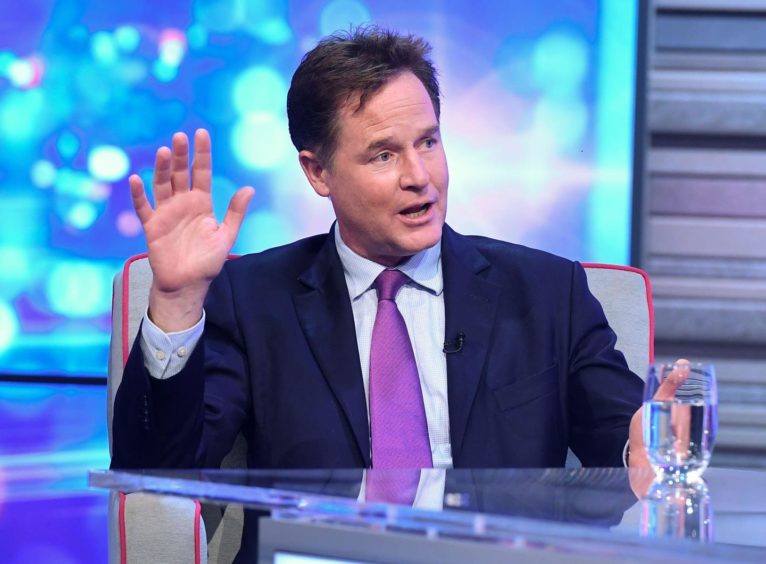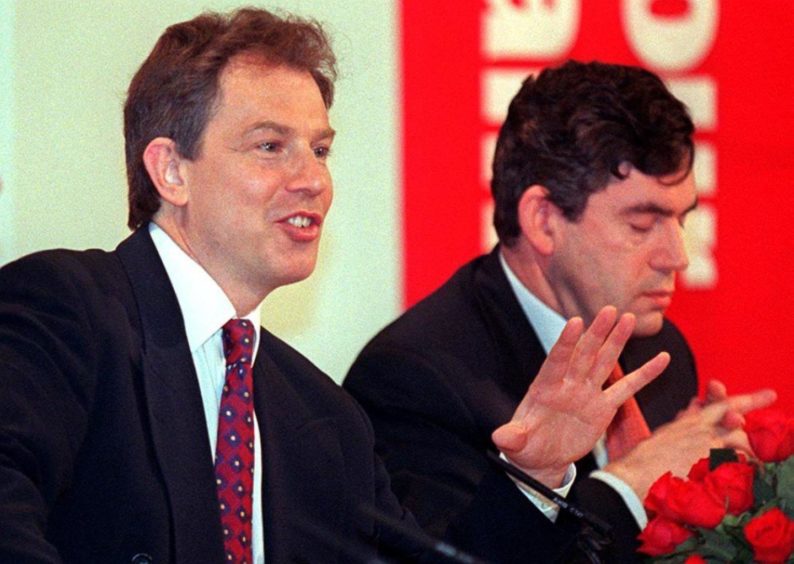I remember once phoning Ed Davey when he was Energy Secretary in the coalition government. He didn’t respond.
Instead, a self-important special adviser rang back to tell me: “That’s not how it works.”
Although Davey was happy to speak to me to plug whatever tinpot policy he was trying to promote while a junior minister, once he’d made cabinet rank his number was effectively ex-directory. Or at least it was to the likes of me.
So I can’t help but smile a little at the thought that these days Sir Ed Davey, now leader of the Liberal Democrats, presumably spends much of his time waiting for his phone to ring.
The Lib Dems have more sway outwith Westminster
The Lib Dems have shot into obscurity at warp speed. Or at least the party has.
Some of its leading figures from the last decade have found you can have far more influence from outwith Westminster.
Nick Clegg may have been deputy prime minister of the UK but he now wields global influence as Facebook’s public figure. And no one calls Danny Alexander a ginger rodent these days as he enjoys the high life as a big cheese at the Asian Infrastructure Investment Bank.
While International Trade Secretary Liz Truss desperately tries to “pivot to the Pacific” to drum up business, Alexander is responsible for hundreds of millions of pounds of spending in the area.
Labour needs to do more to get back in the game
Meanwhile, Ed Davey leads a band of just 11 MPs in Westminster.
The call he perhaps craves most would come from Keir Starmer. Increasingly there’s talk that now is the time for the “progressive left” – basically everyone bar the Conservatives – to team up.
It’s a familiar plan to anyone who lived through the 1980s. Margaret Thatcher swept all before her electorally, leaving Labour, the SDP and the Liberals to squabble over the scraps.
Of course the SDP and the Liberals ultimately merged. The next step was to throw in their lot with Labour. It looked likely enough for Tony Blair to plan a cabinet post for Paddy Ashdown in the 1990s but such thoughts got binned once New Labour found they didn’t need anyone else to win and win big.
That experience is why a left wing coalition remains unlikely for now. Labour still believe they can get back in the game just as they did under Tony Blair.
But that thinking relies on the belief that the current realignment of politics is temporary. That sooner or later competence and social class will matter more to voters than celebrity and nationality. It’s a big call.
Ignoring a first class ticket out of obscurity
As so often, Westminster ought to look to Scotland to inform its thinking. We saw at last month’s Holyrood elections that, for all Anas Sarwar’s attempts to move the conversation on to policy and personality, he led Labour to yet another electoral armageddon while Douglas Ross’s laser-like focus on the constitution question did the business at the ballot box.
The sooner someone tries to shake things up the better for accountability and democracy
As the independence referendum changed Scottish politics, so Brexit and its attendant culture wars have redrawn Westminster politics.
That actually gives the Lib Dems a ticket back from the outer reaches of the political universe. But, inexplicably, they choose not to use it. If they wrapped themselves in the EU flag they could rally a significant following.
There’s a deal to be done
Many voters are over Brexit, but there remains a large group who would happily coalesce around a call to get back into the EU at the earliest opportunity.
Not enough to put Ed Davey into Number 10 or anything, but enough to post some interesting results at some of the forthcoming by-elections. To give those Tories in the so-called Blue Wall south of Watford the willies. And perhaps enough to catch Keir Starmer’s eye.
Starmer can’t win without those rabidly pro-European and largely metropolitan voters. But he can’t win back Brexit backing seats in the north of England if he gets too close to the same folks. There’s a deal to be done.
Time to reinvent the opposition
Instead of sitting by the phone, Ed Davey ought to seize the initiative. Paint himself as the visionary who can see that the only way to oust the Tories is for the other parties to work together. Hold out the possibility of perhaps ultimately folding his party into some new broad centrist entity and make the case that politics really has been redrawn this time and the only way to stop the Tories is by teaming up.
Perhaps he’ll call Keir Starmer and be told: “That’s not how it works.”
But it’s clear that, right now, it’s the opposition in Westminster that doesn’t work.
The sooner someone tries to shake things up the better for accountability and democracy. Davey has less to lose than Starmer – he ought to dispel the funk over his party and get to work.
James Millar is a political commentator and author and a former Westminster correspondent for The Sunday Post




